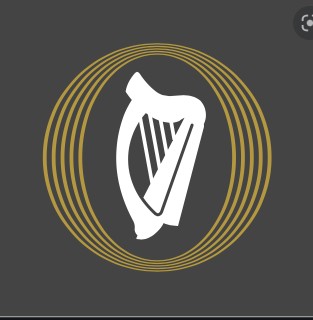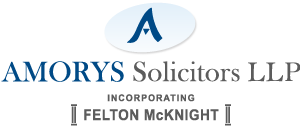
Bill entitled an Act to amend the Nursing Homes Support Scheme Act 2009, to make further provision for the financial assessment of persons applying for financial support to be made available to them in respect of long-term residential care services who have, or had, an interest in a farm or relevant business and comply with certain conditions; and to provide for related matters.
The Nursing Homes Support Scheme (Amendment) Bill 2021, which will place a three-year cap on the financial contributions of family owned and operated farms or businesses when calculating the cost for nursing home care, was approved by Cabinet.
The cap applies where a family successor commits to working the farm or business.
The Nursing Homes Support Scheme, commonly known as ‘Fair Deal’, is a system of financial support for those in need of long-term nursing home care, established in 2009.
Income
Under ‘Fair Deal’, residents make contributions to their care, based on a financial assessment of their income and assets.
In this assessment, the capital value of an individual’s principal private residence is only included for the first three years of a resident’s time in care. This is known as the ‘three-year cap’.
Health minister Stephen Donnelly said: “The Nursing Homes Support Scheme has been in operation for over ten years, and there is broad agreement that the scheme operates well and continues to provide appropriate financial assistance where it is required.
“However, the Government recognises that, currently, the three-year cap on the financial assessment of a person’s income and assets applies to family farms or businesses only in the case of sudden illness or disability. This situation may place unnecessary financial pressures on these families, and could challenge the future viability of the farm or business.”
He said the new measures will introduce additional safeguards to protect the sustainability of family farms and businesses that will be passed down to the next generation.
Protections
Minister of State Mary Butler said that enhanced protections for farmers and business owners was an absolute priority.
As of 31 December, there were 22,755 people participating in the scheme at an annual cost of just over €1 billion.
Participants contribute up to 80% of their assessable income, and a maximum of 7.5% per annum of the value of assets held.
In the case of a couple, the applicant’s means are assessed as 50% of the couple’s combined income and assets. The first €36,000 of an individual’s assets, or €72,000 in the case of a couple, is not counted at all in the financial assessment.
The aim is that participants contribute to the cost of their care, according to their means, while the State pays the balance of the cost.
Where an individual’s assessed weekly contribution is greater than the cost of care, they do not qualify for financial support.
Substantial assets
Therefore, applicants with substantial assets or incomes are unlikely to qualify for financial support.
The capital value of an individual’s principal private residence is only included in the financial assessment for the scheme for the first three years of their time in care.
Ms Butler continued: “Progressing this bill, as quickly as possible, has been an absolute priority for me since I was appointed last July. This has been a hugely emotive issue for farm families and business owners in communities across Ireland, and one that the Programme for Government sought to deliver on. I am delighted to have now made this critical step forward with the full passage of this historic piece of legislation.
“The bill received broad, cross-party support, and I would like to thank all Oireachtas colleagues who have engaged with this bill and for supporting it through the Houses of the Oireachtas. I would also like to thank the many non-Government stakeholders who have contributed to the development of this legislation, including advocacy groups and organisations representing older people.
“I am fully committed to the timely and effective commencement of this legislation,” she said.
Annual cost of €1 billion
The Nursing Homes Support Scheme has been in operation since 2009 with 22,755 people participating, at year-end 2020, at an annual cost of just over €1 billion.
Participants contribute up to 80% of their assessable income and a maximum of 7.5% per annum of the value of assets held.
In the case of a couple, the applicant’s means are assessed as 50% of the couple’s combined income and assets. The first €36,000 of an individual’s assets, or €72,000 in the case of a couple, is not counted at all in the financial assessment.
Participants contribute to the cost of their care according to their means, while the State pays the balance of the cost.
Where an individual’s assessed weekly contribution is greater than the cost of care, they do not qualify for financial support.
The capital value of an individual’s principal private residence is only included in the financial assessment for the scheme for the first three years of their time in care.
Currently, this unqualified three-year cap does not apply to productive assets, such as farms and businesses, except in the case where a farmer or business owner suffers a sudden illness or disability and, as a result, requires nursing-home care.
The Amendment Bill was signed into law by the President of Ireland on 22nd July 2021.
Credit: The Law Society of Ireland





